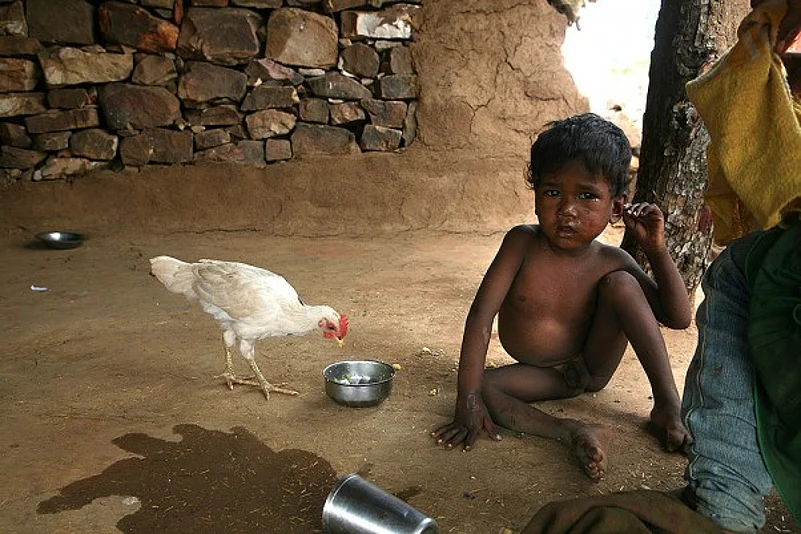Therapeutic food makers in the country have asked for launching specific programs at the community level to tackle the problem of Severe Acute Malnutrition (SAM) in the country since Covid restrictions and reverse migration are feared to led to further decline in the nutrition levels amongst the vulnerable sections of society.
CMAM Association of India, comprising manufacturers of Ready-to-Use Therapeutic Foods (RUTF) globally used in community management of acute malnutrition (CMAM), has extended support to the Government to develop new products so as to eradicate SAM under the PoshanAbhiyan.
In a communication to the Ministry of Women & Child Development, CMAM Association of India has offered to support and implement any feeding protocols to be laid down by the Government of India in the forthcoming nutrition guidelines using its R&D and product development prowess to ensure that the children receive adequate nutrition.
Advertisement
Feeding protocols that use a combination of home-based food and high-quality energy dense nutrition supplement, including all micronutrients, which are easy to transport to villages, deliver to families and cater to children need to be urgently explored, CMAM Association has stated.
The drop in nutrition levels of children due to Covid outbreak could leave these children more vulnerable to infectious diseases. The most vulnerable among these children are the ones affected by SAM. According to Ministry of Health & Family Welfare, Children suffering from Severe Acute Malnutrition (SAM) are at nine times higher risk of dying than well-nourished children.CMAM Association has called to the urgent need for collaboration between government, therapeutic food manufacturers and civil society to meet the intricate challenge of SAM in the country.
Advertisement
“CMAM Association appreciates the government’s foremost and primary focus on nutrition, and SAM in particular. The association is poised to align itself with various nutrition interventions through development of products as prescribed by the government and extending the PM’s vision of a self-reliant India in eradicating malnutrition. With a manufacturing capacity of more than 20,000 MT of RUTF annually, the members of the association can adequately meet the domestic RUTF and other therapeutic food requirements. Currently, CMAM Association members are manufacturing products which meet criteria set by WHO and UNICEF, and are exporting these products for use in other parts of the world”, said Akshat Khandelwal, President CMAM Association.
According to the Association, RUTF comprises energy dense foods which are specifically tailored for children suffering from SAM and are not meant to be a substitute for breastfeeding or home cooked food as is generally believed.
RUTF has been successful in preventing deaths and helping children recover from Severe Acute Malnutrition in India and across the world. RUTF can also ensure faster recovery of children from SAM thereby reducing the cost of feeding. The cost of treating a child with RUTF over 8-12 weeks is already comparable to the costs laid down by the Supplementary Nutrition Programme (SNP) for SAM children for a year.
Advertisement
Since RUTF can ensure the recovery of a SAM child in 2-3 months at the community level in most of the cases and reduce the need for treatment at Nutrition Rehabilitation Centres (NRCs), it reduces the chances of infections and the overall cost of treatment. Various programmes conducted by state governments and other agencies in the past show the effectiveness of this product.
CMAM Association also intends to explore the possibility of producing RUTF with the same consistency, quality and nutritional value with alternate ingredients to suit local taste and ensure consumption by all children in India.




















